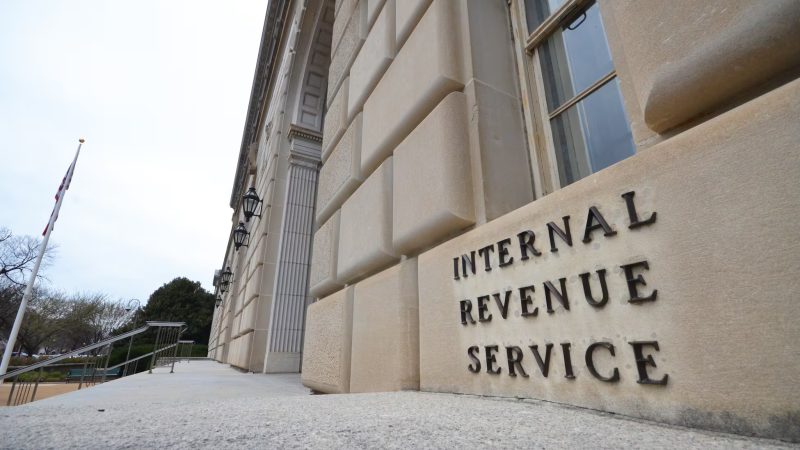The United States Internal Revenue Service (IRS) has announced a temporary postponement of a new rule regarding the cost-basis method for cryptocurrency sales on centralized exchanges. The delay offers a reprieve to crypto investors who might have faced significantly higher capital gains taxes under the proposed regulation.
Key Changes to the Crypto Cost-Basis Rule
Initially, the IRS planned to default crypto investors on centralized exchanges to the FIFO (First In, First Out) accounting method if they did not explicitly select their preferred cost-basis calculation, such as HIFO (Highest In, First Out) or Specific Identification (Spec ID).
- FIFO Method: This default assumes the earliest purchased cryptocurrency is sold first. While straightforward, it often results in higher taxable gains, especially during a bull market, because older purchases tend to have lower cost bases.
- Relief Announcement: The IRS now allows crypto taxpayers to maintain their own records and select their preferred cost-basis method until December 31, 2025. This gives brokers additional time to support various accounting options.
Why the Delay Matters
Shehan Chandrasekera, head of tax at CoinTracker, warned that an immediate rollout of FIFO could have been “disastrous” for many taxpayers. He noted that investors might unknowingly sell their oldest, lowest-cost crypto assets first, leading to inflated capital gains taxes.
Crypto analyst Mark Thomas also pointed out that FIFO can sometimes work in a taxpayer’s favor. For instance, if the earliest crypto purchase is held for over a year, sales may qualify for long-term capital gains rates, which are generally lower than short-term rates.
Legal Challenge to IRS Reporting Rules
The announcement comes shortly after the Blockchain Association and the Texas Blockchain Council filed a lawsuit against the IRS on December 28. The lawsuit challenges newly expanded broker reporting requirements, which will apply to both centralized and decentralized exchanges starting in 2027.
Under the new rules, brokers will need to report taxpayer details and gross proceeds from crypto sales. Critics argue these requirements are overly broad and may be unconstitutional.
The temporary relief gives crypto investors more flexibility in managing their tax liabilities while centralized exchanges work toward supporting various accounting methods. However, starting in 2027, brokers will face stricter reporting requirements, potentially reshaping how crypto transactions are taxed in the United States.
